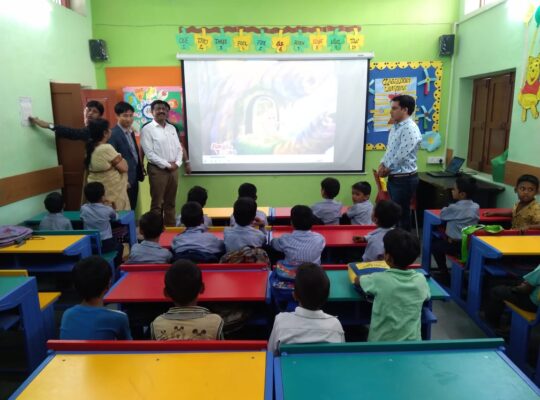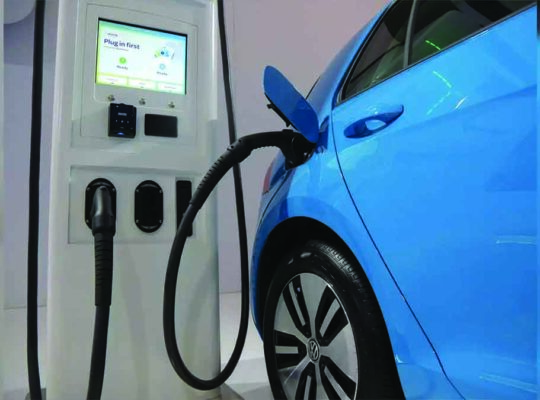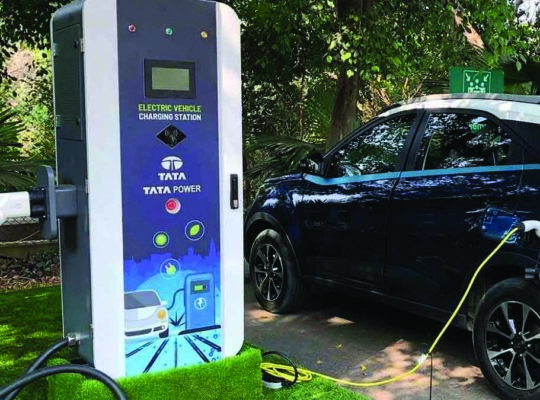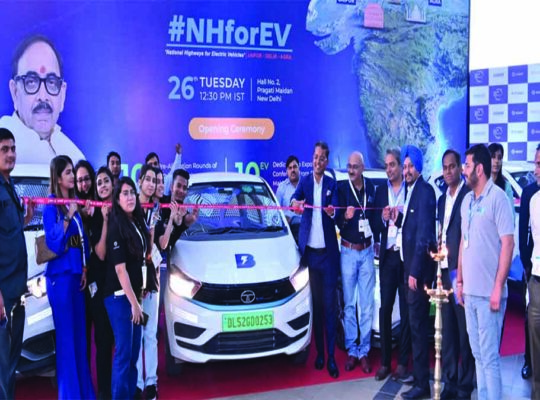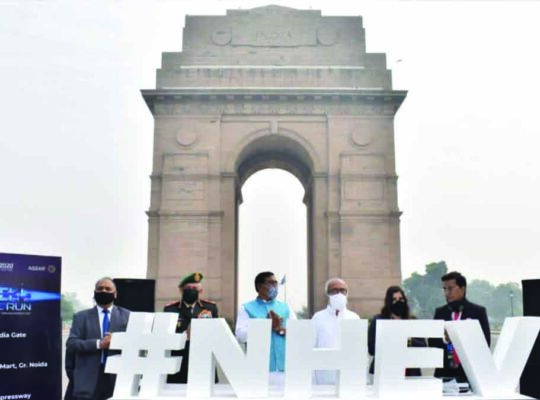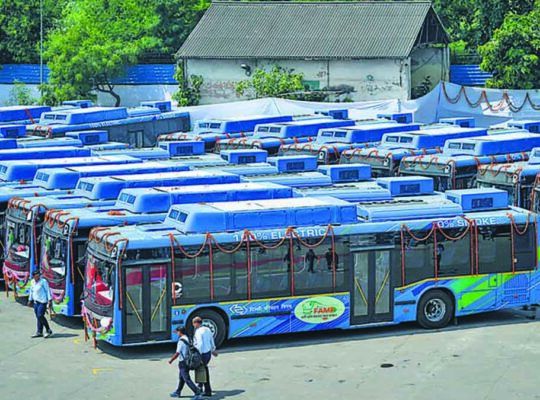India has had a tremendous track record in getting almost all eligible adult population vaccinated. We are indeed proud to be known as the ‘vaccine capital of the world’
The mark of a leader or the performance of a government can be best judged during an adversity, or in this case a global health crisis. The COVID-19 pandemic tested our healthcare system and the government’s response to the challenge. The early months were tough to be sure but in the wake of it, several steps have been taken to ensure we are now on the path to achieving universal, viable, sustainable and affordable healthcare for every citizen of this country.
THE HIGHS IN LAST EIGHT YEARS
1) The COVID pandemic, a one-of-its-kind bolt from the blue, hit us so hard that we were truly gasping for breath. Thanks to the prompt action by the government, we recovered soon due to a combination of public/private initiative of rapid diagnosis, including genomic sequencing, increased public health awareness of masking, distancing and hand washing, creation of massive infrastructure of COVID care centres, outpatient care, hospital beds, oxygen beds, ICU, supply of oxygen, medicines and aggressive vaccinations. India has had a tremendous track record in getting almost all eligible adult population vaccinated. We are indeed very proud to be known as the ‘vaccine capital of the world’. Truly a high in the field of healthcare and kudos to the government on this.
2) Thanks to the COVID pandemic again, we also grew in leaps and bounds in the digital healthcare space and rapidly adopted digital healthcare in the form of tele-health, tele-medicine to bridge the rural-urban divide and also saved millions of lives in the process. The National Digital Health Mission is a great step forward in digitising our healthcare not only for the current times but also for the future generations.
3) One of the major flaws in our healthcare was lack of universal health coverage for the common man, which led to significant out-of-pocket expenditure (over 60 per cent of healthcare costs) driving millions into poverty. The ambitious Ayushman Bharat programme, the largest universal health coverage in the world, covering almost 500 million citizens living in poverty, is a giant leap in healthcare and will now also include the missing middle class who are not insured. We have to work hard to make it viable, sustainable and comparable to the Medicare of the USA and NHS of the UK.
4) The diagnostic sector, the pharma and vaccination industry were the shining examples of how any nation should respond in an emergency. Many public-private initiatives made this happen quickly.
5) Healthcare spend by the government has been woefully low at less than 2 per cent of the GDP as against the ideal expenditure of 4-5 per cent of the GDP which many BRICS countries are looking at. However, the pandemic changed this to some extent and there was a significant increase in healthcare budgetary allocation last year, which again is a move in the right direction.
6) Setting up of at least one medical college in every district is another laudable achievement; this aims to increase the number of doctors and other healthcare workers, especially in rural and non-urban areas.
7) Rapid strides were also made in building capacity such that there was no shortage of beds, funds, medicines or vaccines during the third wave.
8) In the public health sphere, the move to eradicate TB by 2025 is another noteworthy achievement.
BUT INDIA CANNOT AFFORD TO REST ON HER LAURELS
(1) High infant maternal and perinatal mortality and malnutrition continue to plague some parts of our country. Strengthening of primary, public and preventive health strategies are the need of the hour. Mission Indradhanush launched in 2014 is a great programme aimed at large-scale immunisation for vaccine-preventable illness in children and would significantly boost our fight in preventing morbidity and mortality in the paediatric population.
(2) The massive increase in the burden of non-communicable diseases (NCDs) or lifestyle diseases is another area which needs urgent attention. As a developing country we cannot withstand the dual burden of NCD – diseases usually associated with the well-to-do countries – and communicable diseases, which are mostly associated with the Third World countries.
We certainly need to move away from treating illness to promoting wellness and again this issue is being addressed by creation of wellness centres across the country.
(3) Urgent attention is needed to address the rising problem of environmental pollution which seems to be destroying our health and resources. Unless we act soon we will perish for sure.
(4) Post-Independence India was seen as a model for socialistic healthcare with free healthcare for all – but the free healthcare model was similar to free electricity for all, where there was no electricity to begin with. While rapid progress has been made in the private healthcare sector, which now accounts for three quarters of tertiary care in our country, the public healthcare sector has been left behind, with the poor struggling for quality and affordable services. This has to change and a more equitable distribution of resources needs to be put in place soon.
Hope this will change soon as the government has significantly increased the healthcare budget and hopefully will provide the much-needed impetus to improve the healthcare facilities in the country and also bring the healthcare budget on par with most BRICS countries.
5) Though we have made tremendous progress in training doctors and healthcare personnel and India is now one of the leading providers of healthcare personnel to the global community, medical education has remained inaccessible and unaffordable for a vast majority.
Setting up of rural medical colleges and subsidising the cost of training will go a long way in slashing the cost of medical training. We should also seriously look at scholarships, loans etc. for deserving students.
6) Last but not the least, poverty and healthcare are directly proportional to one another and unless we alleviate poverty, it is hard to improve the healthcare of our citizens.









